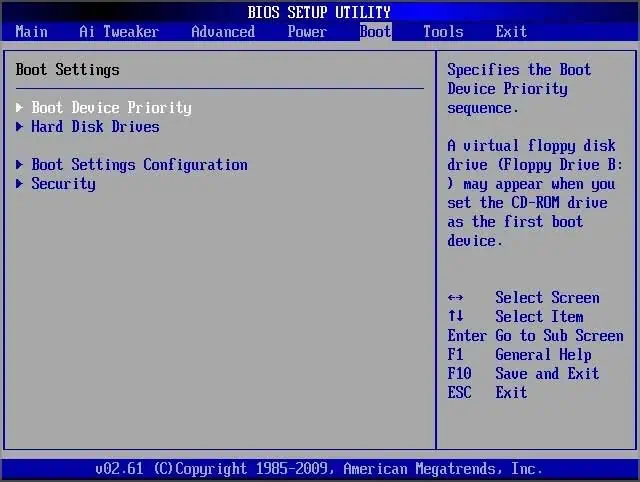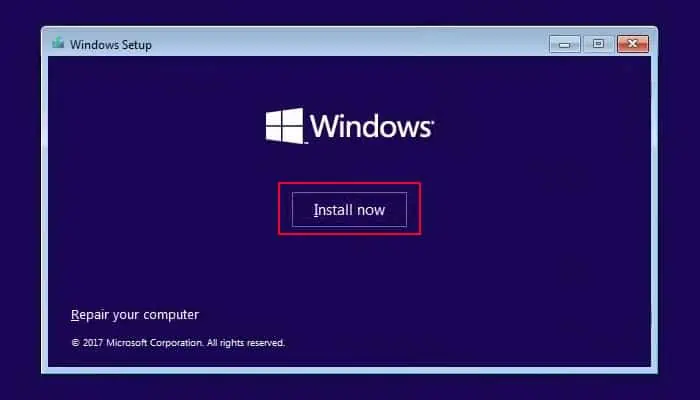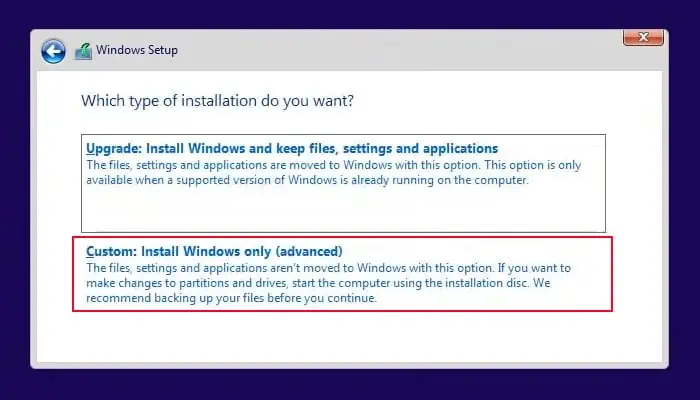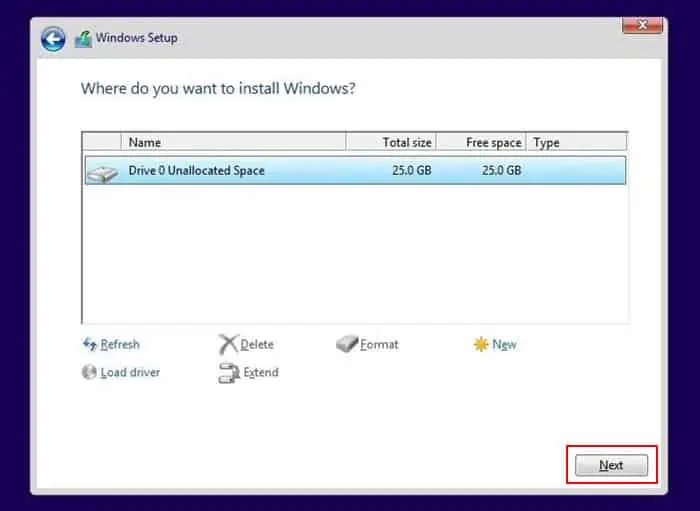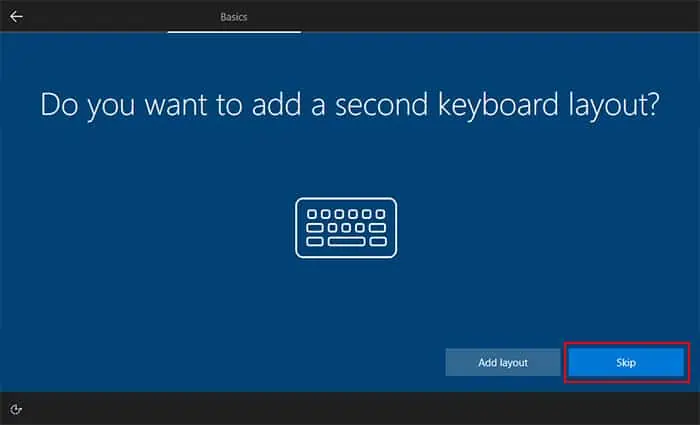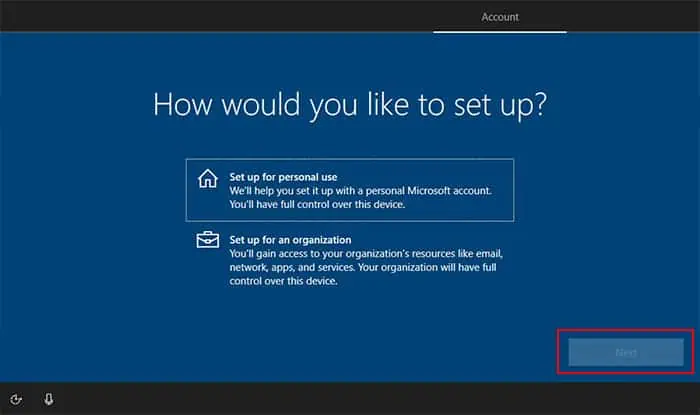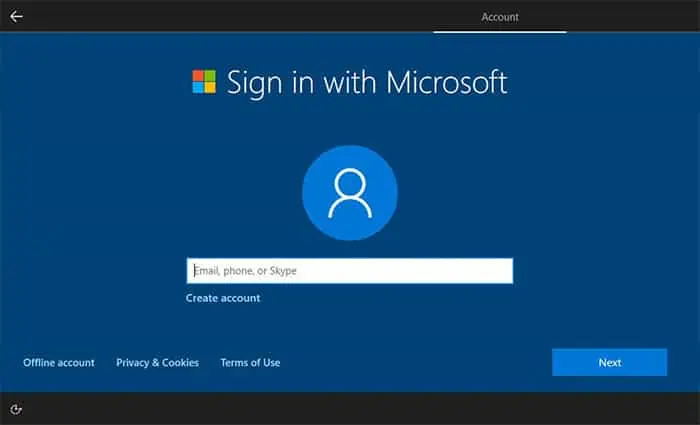Clean installing Windows 10 is a great idea to reformat your computer if you no longer need your previous files or want to sell it to someone else. You can also clean install your system if you encounter serious system issues or want to boost your computer’s performance.
Doing so is not that difficult and there are only a few things you need to care about during the process. In this article, we discuss all these matters and provide you with a detailed guide to clean install Windows 10 on your PC.
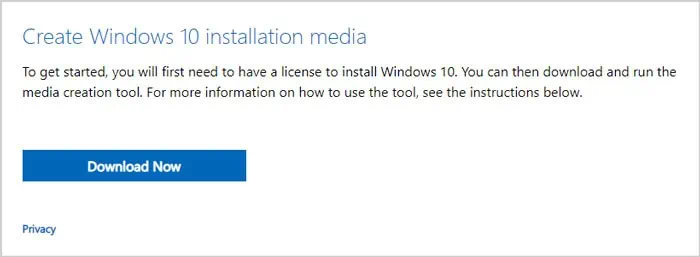
How to Do a Clean Install of Windows 10
There are a few things you need to keep in mind before performing a clean install of Windows 10, which include:
Now, you may follow the step-by-step guide below to perform a clean install of Windows 10.
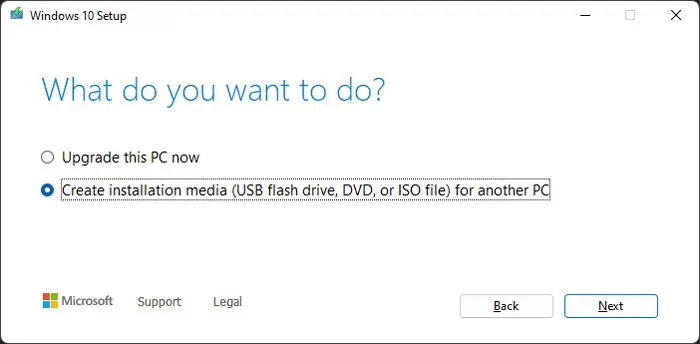
Step 1: Create Installation Media
The first step is tocreate a Windows 10 installation media. you may either use a third-party app or use one of the following built-in methods to do so.
Using Media Creation Tool
If you don’t have an ISO file for Windows 10, it’s better to use the Media Creation Tool to create its installation media. Here’s how you may do so:
Using Diskpart
If you already have an ISO file for Windows 10, the easiest method to create the installation media is to use the Diskpart command line interface (CLI). Here’s what you need to do:
Step 2: Boot Using the Installation Media
After creating the USB installation media, you need to configure your boot priority on BIOS/UEFI and boot using this media. Here’s what you need to do:
Now, follow the steps below to clean install Windows 10:
Step 4: Finalizing the Installation
After the reboot, Windows will start the initial setup. Here, you can force shut down your PC by pressing the power button for a few seconds or following the steps below to avoid setting the initial preferences if you want another user to use this computer:
If you are setting up your PC for yourself, follow the instructions below instead:
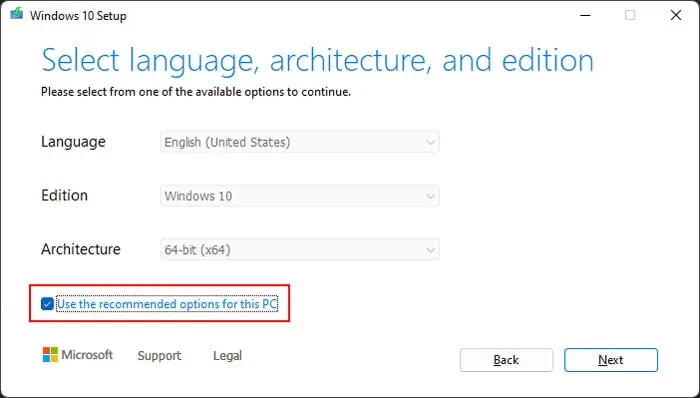
Step 5: Install Updates, Drivers and Optimize Your PC
After setting up Windows, there are a few things you need to do, such asinstalling Windows Updatesand drivers. Here’s what you need to do:
Doing so may not install all your drivers. You need to go to the manufacturer’s website for your Processor and get to the Drivers and Support.
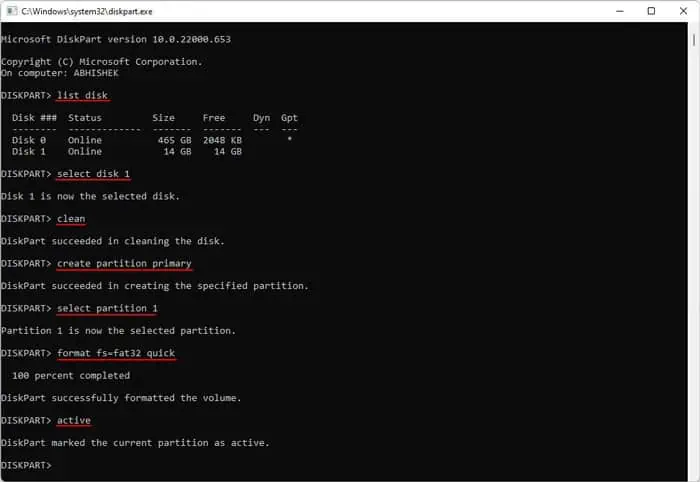
Then, if you use a dedicated GPU, you need to go to its official website and download the latestdriver for the GPU.
If you haven’t already activated your Windows, you can go toSettings>Update & Security>Activationand do that now.
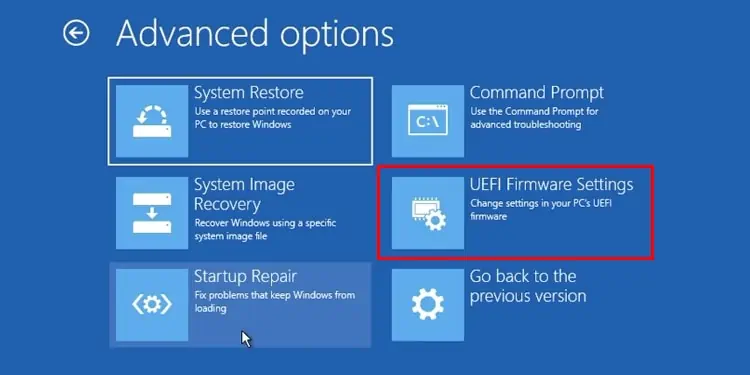
Then, we recommend you optimize your PC for user experience and performance by following our guide on How to Optimize Windows.
